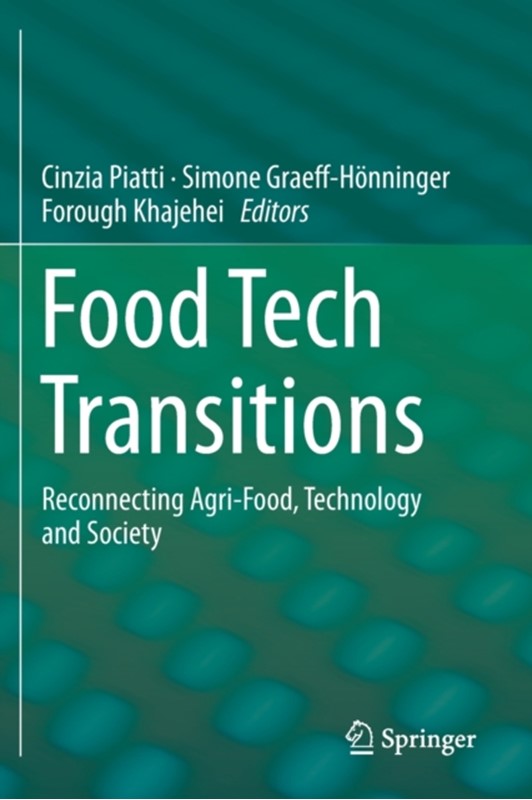Essentials of Food Science - Tad Campbell - Bog - Springer Nature Switzerland AG - Plusbog.dk
The fifth edition of the Essential of Food Science text continues its approach of presenting the essential information of food chemistry, food technology, and food preparations while providing a single source of information for the non-major food science student. This latest edition includes new discussions of food quality and new presentations of information around biotechnology and genetically modified foods. Also new in this edition is a discussion of the Food Safety Modernization Act (FSMA), a comparison chart for Halal and Kosher foods and introductions to newly popular products like pea starchand the various plant-based meat analogues that are now available commercially and for household use. Each chapter ends with a glossary of terms, references, and a bibliography. The popular "Culinary Alert!" features are scattered throughout the text and provide suggestions for the reader to easily apply the information in the text to his or her cooking application. Appendices at the end of the book include a variety of current topics such as Processed Foods, Biotechnology, Genetically Modified Foods, Functional Foods, Nutraceuticals, Phytochemicals, Medical Foods, and a Brief History of Foods Guides including USDA Choosemyplate.gov. V.A. Vaclavik, Ph.D., RD. has taught classes in nutrition, food science and management and culinary arts for over 25 years at the college level in Dallas, Texas. She is a graduate of Cornell University, human nutrition and food; Purdue University, restaurant, hotel, institution management; and Texas Woman''s University, institution management and food science. Elizabeth Christian, Ph.D. has been an adjunct faculty member at Texas Woman''s University for more than 25 years, teaching both face-to-face and online classes in the Nutrition and Food Science department. She obtained her B.S. and her PhD. In Food Science from Leeds University, England, and then worked as a research scientist at the Hannah Dairy Research Institute in Scotland for Five years before moving to the United States. Tad Campbell, MCN, RDN, LD is a clinical instructor at The University of Texas Southwestern Medical Center at Dallas, where he teaches Food Science and Technology as well as other nutrition courses in the Master of Clinical Nutrition - Coordinated Program. He holds a Bachelor of Business Administration degree from Baylor University as well as a Master of Clinical Nutrition from UT Southwestern where he studied Food Science under Dr. Vickie Vaclavik.

















































